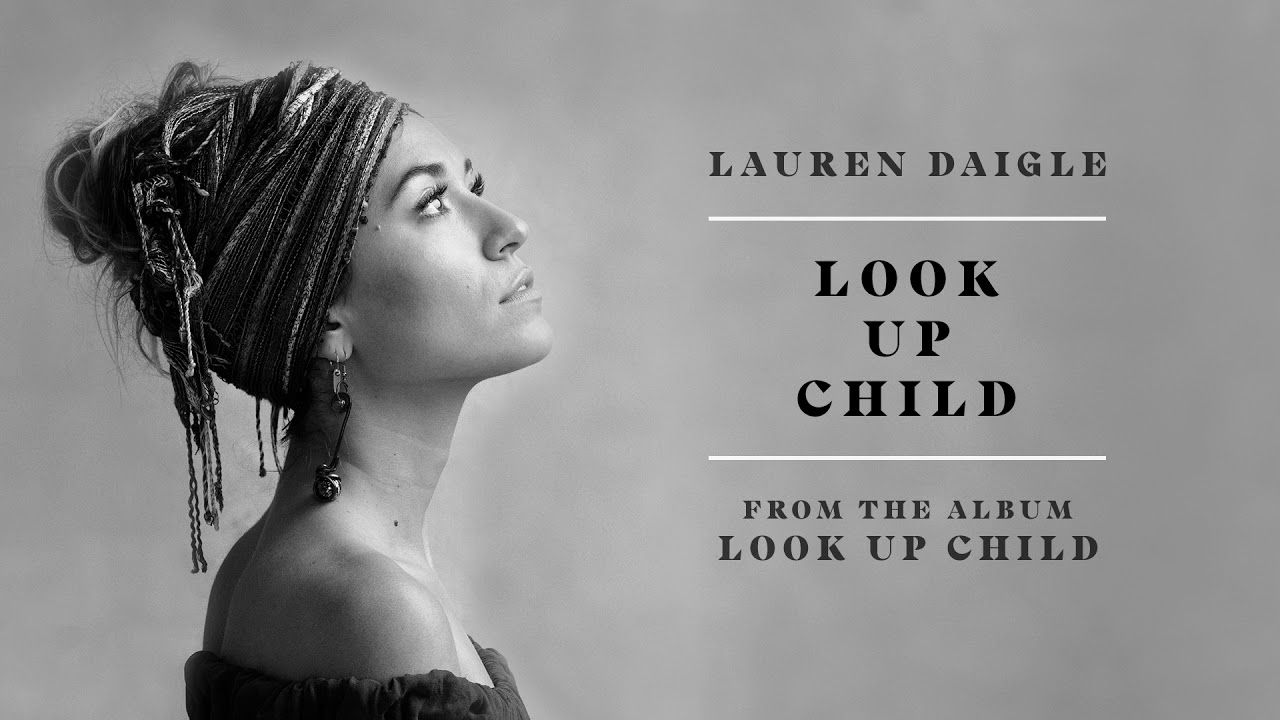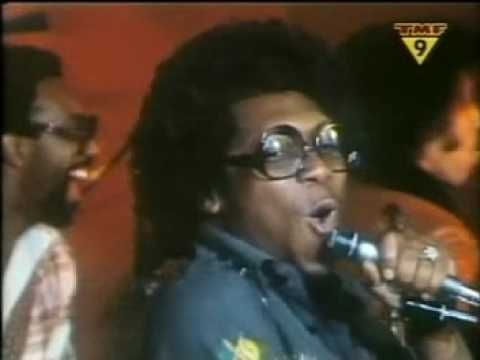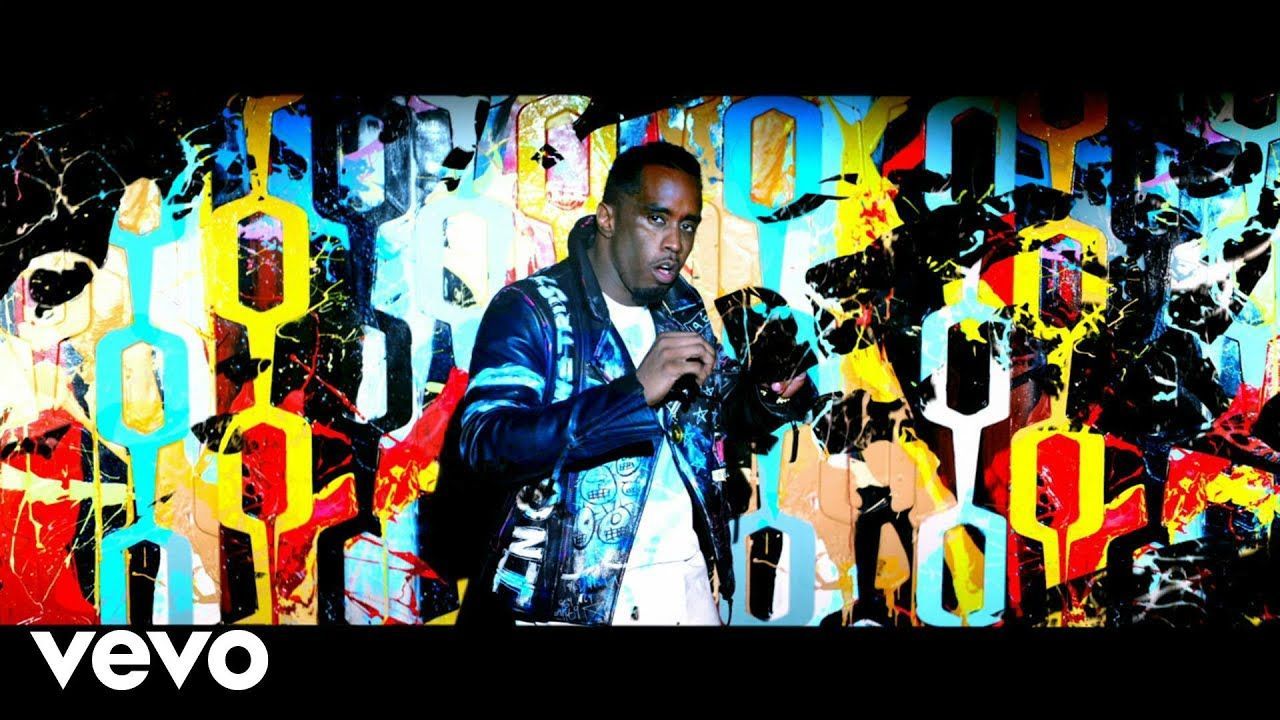Episode 50: Boulevard of Broken Dreams
I attended a leadership meeting recently, and the facilitator asked each of us to take out a pen and paper and answer the following question: what is holding you back? I found this exercise fascinating and fell in love with the question. I like that it’s simple and straightforward, and it doesn’t specify a particular area of your life—personal, professional, health, relationships, etc. You can interpret the question however you want. Fixed mindset people (euphemism for victim mindset) may find this question threatening and get defensive or quickly talk about their circumstances or limiting external factors. However, growth mindset people will embrace the challenge and take the opportunity to look inward for answers. The truth is most people have a boulevard of broken dreams , and those that don’t probably aren’t reaching high enough. I encourage you to give this question some thought this weekend and let me know if you uncover anything interesting!
COVID
Good News
The vaccines are working remarkably well. COVID cases and deaths are at the lowest level in seven months. On a micro level, there are some fantastic success stories. San Francisco boasts a 73% vaccination level and is averaging less than 30 new cases per day. American casualties are expected to decrease by late July as nearly all seniors receive the vaccine. Now, approximately 80% of those over 65 are fully vaccinated, and ~83% of this demographic has received at least one dose. In the rosiest of the researchers’ projections, weekly deaths due to COVID-19 would drop to 200 or 300 a week by late July.
Bad News
Efforts to vaccinate Americans for coronavirus have hit a wall and threaten President Biden’s promise of returning to normalcy by July 4th. Many of those who were most eager to get vaccinated have already done so. More than 110 million people in the US are fully immunized against COVID, and over 150 million (57%) have received their first dose. However, the US is running out of ready and willing adults who want to get vaccinated against COVID. A Yahoo news survey found that just 6% of Americans who have not been vaccinated plan to get a shot “as soon as it is available to me.” That’s down from 35% in February. The sentiment among other groups has remained constant—people who say they are “unsure” (7 percent), those waiting to see “what happens to others before deciding” (10 percent), and people who will “never” get vaccinated (20 percent).
Vaccinations fell sharply in the days after April 13th, when health officials announced a pause on the J&J vaccine due to blood clotting concerns in a small sample of women who received the vaccine. Experts say the 11-day break is partly responsible for the slow down in vaccinations, but the data also shows a slowing uptake of the Pfizer and Moderna vaccines. The CDC revealed that declines since mid-April have been sharpest for those aged 18 to 64, who became eligible for a vaccine in most states last month. Just over 50 percent of this age group remains unvaccinated. Some who have not yet been vaccinated will never get a shot, but others might have had trouble finding time to make an appointment or have questions about safety or vaccine efficacy. The current forecast is fewer than 65 percent of US adults are likely to be inoculated against COVID by summer. This figure is far short of the level experts say is required for herd immunity. The predominant variant now circulating in the United States, called B.1.1.7 and first identified in Britain, is about 60 percent more transmissible. As a result, experts now calculate the herd immunity threshold to be at least 80 percent. If more contagious variants develop, or scientists find that immunized people can transmit the mutant virus, the calculation will have to be revised upward.
Moving Forward
The White House has shifted its strategy to battle the pandemic, from mass vaccination sites to more local settings to target younger Americans and those hesitant to get a shot. The new goal is to vaccinate 70 percent of adults (160 million) by Independence Day. The plan to hit that milestone is as follows:
-
Pfizer has requested the FDA emergency authorization to use the Pfizer-BioNTech vaccine for adolescents ages 12 to 15 by early next week. In September, it will ask the FDA for emergency use authorization for kids age 2–11. Pfizer also plans to apply for a full vaccine approval that would allow it to sell the shots directly to consumers.
-
The administration wants tens of thousands of pharmacies to allow people to walk in for shots. It has also ordered pop-up and mobile clinics, especially in rural areas. It plans to devote tens of millions of dollars for community outreach workers to provide transport and help arrange child care for those in high-risk neighborhoods who want to be vaccinated.
-
There is also a new federal website and phone number to help people find the vaccination site closest to them.
-
States can request unused vaccines from other states that don’t have as much demand. Each week, states will have a new chance to assess demand and request doses from the federal government.
The situation in the US stands in stark contrast to other parts of the world, where many countries are still scrambling to secure access to vaccines. India’s health ministry reported 412,262 new coronavirus cases yesterday, a single-day world record. According to Johns Hopkins University, more than 30 million people in India are fully vaccinated, 2.21% of its population. India has tallied more than 21 million confirmed cases and 230,000 deaths, still short of the 32 million and 577,000 in the US.
Follow the Money
Pfizer reported earnings this week and said it expects to make $26 billion in revenue from vaccine sales in 2021, up from its previous forecast of $15 billion. Pfizer CEO Albert Bourla told investors that the company believes there will be “durable demand for their COVID vaccine, similar to that of the flu vaccine.” The company also announced its plans to file for full FDA approval of its COVID vaccine with German drugmaker BioNTech at the end of this month. Due to the once-in-a-century pandemic, the FDA granted Pfizer conditional approval for the emergency use of the vaccine based on two months of data. In contrast, the standard approval process takes a year or longer and requires six months of data. If the FDA signs off, Pfizer will be able to market the shot directly to consumers.
The White House flipped positions and now supports waiving patents for COVID vaccines to allow low-income countries to manufacture their own. The World Health Organization applauded the move, saying it shows “moral leadership.” Countries that have failed to secure ample vaccine supplies, such as India and Brazil, face deadly outbreaks, while the virus is receding in nations that bought large stocks, like the US, UK, and Israel. Under operation Warp Speed, the federal government gave pharmaceutical companies $18 billion to finance the development and manufacturing of coronavirus vaccines.
The Pharmaceutical industry is, not surprisingly, denouncing the government’s position. Pfizer revealed the company’s vaccine requires 280 components from 86 suppliers in 19 countries and highly specialized equipment and personnel. They claim lifting IP protections would undermine the fight against coronavirus because it would disrupt the supply chain they rely upon to secure raw materials in favor of counterfeit vaccines. They also point out that eliminating IP protection would undermine private enterprise risk-taking and innovation and threaten efforts to combat the next public health crisis. Furthermore, handing over the patents is useless without a complete tech transfer where patent holders supply technical know-how and personnel to other countries. It would be the equivalent of delivering a recipe book without the ingredients, safeguards, and skilled workforce. Support from the White House is not a guarantee that a global IP waiver will be adopted. For this to happen, the WTO would need approval from all 164 members, and the EU and other countries have not announced their position.
OTHER NEWS
Bill and Melinda Gates are splitting up after 27 years. The couple met in 1991, four months after Melinda began working for Microsoft as a multimedia specialist. They have three children: Jennifer, 25, Rory, 21, and Phoebe, 18. Bill Gates led Microsoft as CEO from its founding with Paul Allen in 1975 until 2000, when he and his wife launched the Bill and Melinda Gates Foundation in 2000. According to some accounts, it’s the largest private foundation globally, with more than $51 billion in assets. The foundation is dedicated to addressing global healthcare issues, improving early childhood education, and lifting people out of hunger and extreme poverty.
Bill Gates still owns 1.37% of Microsoft’s outstanding shares, worth more than $26 billion. With a net worth of about $145 billion, Bill Gates is the fourth-richest person in the world behind Amazon’s Jeff Bezos, LVMH’s Bernard Arnault, and Tesla’s Elon Musk. Bill and Melinda have pledged to donate more than half of their fortune as part of the Giving Pledge, which they helped create with Warren Buffett in 2010. Details of the divorce settlement are unclear, but Bill transferred nearly $2.4 billion worth of stock to Melinda on the day they made their divorce public.
Texas may soon allow residents to carry handguns in public without training or a license, following a bill by the Texas State Senate this week. Iowa, Montana, Tennessee, Utah, and Wyoming have also passed similar “permit-less carry” laws this year.
Golfer Amy Bockerstette is set to become the first person with Down syndrome to compete for a collegiate national championship. The 22-year-old sophomore at Paradise Valley Community College in Phoenix, Arizona, was already the first person with Down syndrome to receive an athletic college scholarship in the US. She will compete with the Paradise Valley Pumas at the NCAA golf national championship in Florida later this month. Bockerstette was already famous for her par at the 16th hole of the practice round at the Phoenix Open. The viral, heart-warming moment captures her saying, “I got this,” before sinking the par putt. Amy started the I Got This Foundation which provides golf lessons and events for people with intellectual disabilities.
I. Below are the articles I found interesting the past week:
II. Stats that made me go WOW!
- There are four Black CEOs in Fortune 500 companies. At parity with the Black US population, the number would be no fewer than 60.
- According to the CDC, more than five million people, or nearly 8 percent of those who got a first shot of the Pfizer or Moderna vaccines, have missed their second doses.
- Americans had 3.6 million babies last year, the lowest number in four decades. The US birth rate fell 4% in 2020, marking its sixth year of continuous declines, the CDC said on Wednesday. The birth rate has been declining as women increasingly delay motherhood and couples choose to have fewer children. Historical data shows the birth rate reached its lowest level in 1936, in the wake of the Great Depression.
- A bottle of French wine that spent 14 months inside the International Space Station will likely sell for around $1 million, according to the Christie’s auction house.
- Cryptocurrency ether, the token transacted on the ethereum blockchain, broke past $3,000 this week to set a new record high. The digital currency has quadrupled in value in 2021.
III. Name that Tune!
As I write this email, I am listening to “Boulevard of Broken Dreams” by Green Day.
Green Day is an American rock band formed in the East Bay of California in 1987 by lead vocalist and guitarist Billie Joe Armstrong and bassist and backing vocalist Mike Dirnt. For much of the band’s career, they have been a trio with drummer Tre Cool, who replaced John Kiffmeyer in 1990. Green Day was part of the late 80s/early 90s punk scene in Berkeley, California, and along with bands Sublime, Offspring, and Rancid, credited with taking punk rock mainstream in the US. In 1994, Green Day’s major-label debut Dookie became a breakout success and shipped over 10 million copies.
The song “Boulevard of Broken Dreams” debuted on the album American Idiot. Armstrong wrote the song about his time in New York City and “feeling alone” and trying to take power from the fact. He said it fit nicely with the album’s storyline, which is about “going away and getting the hell out, while at the same time fighting inner demons.”
Green Day has sold more than 75 million records worldwide, making them one of the best-selling music artists of all time. The group has been nominated for 20 Grammy awards and won five. The group was inducted into the Rock and Roll Hall of Fame in 2015.
If you enjoyed the newsletter, please add a friend and share it on social media!
Related articles.


